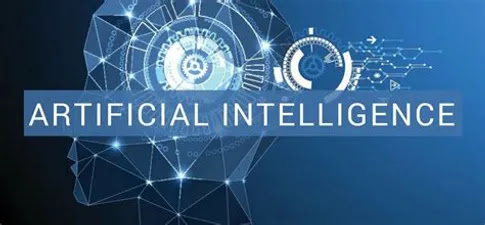Digital assets are revolutionizing the way we think about ownership, value, and trust. They are digital representations of ownership and value that can be securely stored and transferred through blockchain technology. In this blog post, we will explore the world of digital assets, including what they are, the different types available, and how they are being used today.
Digital assets are digital representations of ownership and value that can be securely stored and transferred through blockchain technology. The most well-known type of digital asset is the cryptocurrency, such as Bitcoin, Ethereum, or Litecoin. However, digital assets also include other types of assets such as security tokens, utility tokens, and non-fungible tokens (NFTs).
Types of Digital Assets:
Cryptocurrencies are decentralized digital assets that use cryptography to secure transactions and control the creation of new units. Examples of cryptocurrencies include Bitcoin, Ethereum, and Litecoin.
Security tokens are digital assets that represent ownership of an underlying asset, such as a stock or real estate. These tokens can be traded on blockchain-based platforms, just like traditional securities.
Utility tokens are digital assets that can be used to access a specific service or product. For example, a token may be used to access a decentralized application or to vote in a decentralized autonomous organization (DAO).
Non-fungible tokens (NFTs) are unique digital assets that cannot be replaced by another identical asset. NFTs are often used to represent digital art, collectibles, and other unique assets.
How Digital Assets are Used:
Digital assets are being used in a variety of ways, including in financial transactions, fundraising, and decentralized applications. For example, cryptocurrencies can be used to make cross-border payments, while security tokens can be used to represent ownership of traditional assets like stocks or real estate.
Digital assets also have potential future use cases such as in gaming, digital identity, and more.
How to Acquire Digital Assets:
There are several ways to acquire digital assets, including buying them on cryptocurrency exchanges, participating in initial coin offerings (ICOs) or initial exchange offerings (IEOs), and earning them through staking or mining. It is important to do your own research and due diligence before buying any digital assets.
Storage and Security:
Digital assets should be stored in digital wallets, which are software programs that store your private keys and allow you to interact with the blockchain. it is important to keep your private keys safe and secure, as they give you access to your digital assets.
Legal and regulatory considerations of digital assets:
It is important to note that digital assets and their underlying technology, blockchain, are relatively new and evolving rapidly. As a result, laws and regulations regarding digital assets vary from country to country. Be sure to familiarize yourself with the laws and regulations in your jurisdiction before buying or using digital assets.
Conclusion:
Digital assets are changing the way we think about ownership and value, and they have the potential to revolutionize industries such as finance, gaming, and more. As the technology and regulations continue to evolve, we can expect to see more and more use cases for digital assets. If you're interested in learning more about digital assets, be sure to do your own research and due diligence before making any investments.
"We hope that this post has been informative and has sparked your interest in digital assets. For those who wish to learn more, we recommend checking out our other resources on our website and staying up to date with the latest developments in the field. Thank you for reading!"



.jpeg)










.jpeg)


.webp)


.jpeg)

0 Comments
Say your precious word to us.